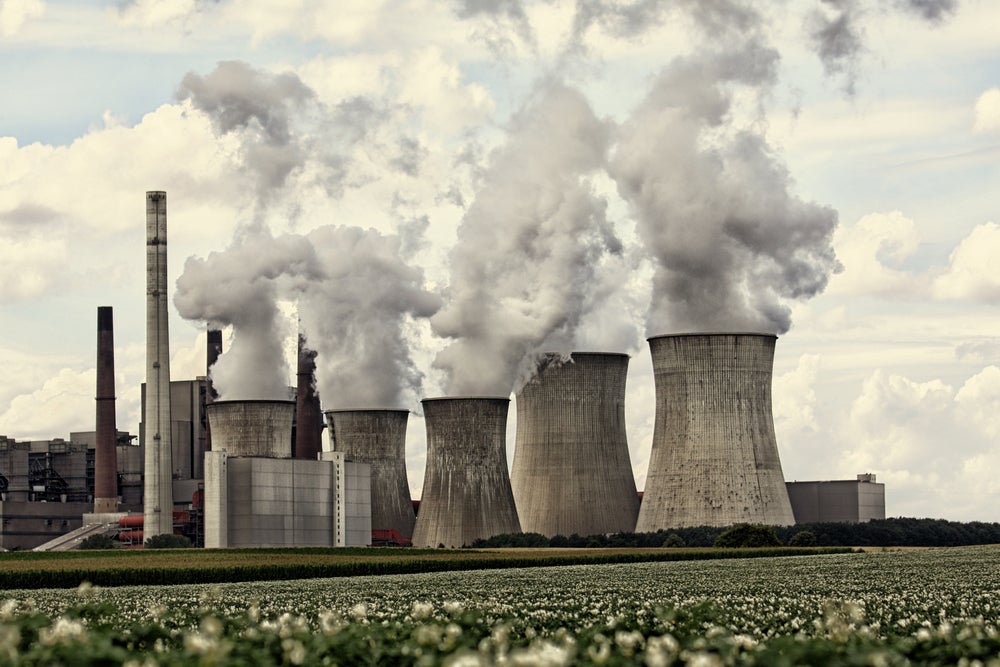The amount of carbon that has been captured and stored globally via carbon capture and storage (CCS) since 1996 has been overestimated by up to 30%, according to new research from Imperial College London.
Imperial’s researchers compared estimates of stored carbon with official reports and found that the reports lead to overestimates of actual carbon stored by 19–30%. They calculate that 197 million tonnes of carbon were actually captured and stored between 1996 and 2020. A lack of consistent reporting frameworks is leading to this being overestimated in reports, giving an inaccurate picture of the technology’s contribution to fighting climate change.

CCS aims to reduce the amount of carbon dioxide (CO2) in the atmosphere by capturing greenhouse gas emissions at source and storing them underground. The Intergovernmental Panel on Climate Change has said the technology will be key to reaching the goal of net-zero emissions by 2050.
Currently, the most centralised and up-to-date information on capture rates comes from the annual reports and databases of think tanks. However, these report CCS activity according to the capacity of facilities rather than actual carbon stored. As of 2021, they estimated global capture capacity at 40 million tonnes per year across 26 operational CCS facilities.
No centralised framework exists to compel the reporting of precise amounts of carbon captured, so actual rates of capture, transport and storage are not consistently reported or centrally gathered. This leads to CCS’s impact being overestimated, the researchers say.
They suggest reporting frameworks should include key details like intended capture rate capacity, maximum capture rate capacity, annual capture of CO2, annual transport of CO2, annual storage of CO2, quality assurance measures such as third-party auditing and reasons for any offline periods where the CCS facility could not operate as intended.

US Tariffs are shifting - will you react or anticipate?
Don’t let policy changes catch you off guard. Stay proactive with real-time data and expert analysis.
By GlobalData“Carbon capture and storage is rightly a cornerstone of climate change mitigation, but without a centralised reporting framework we approach climate change on the back foot when we need to be more proactively tackling the issue with robust and accurate reporting,” says the report’s lead author Yuting Zhang, a PhD candidate at the Department of Earth Science and Engineering at Imperial College London.



